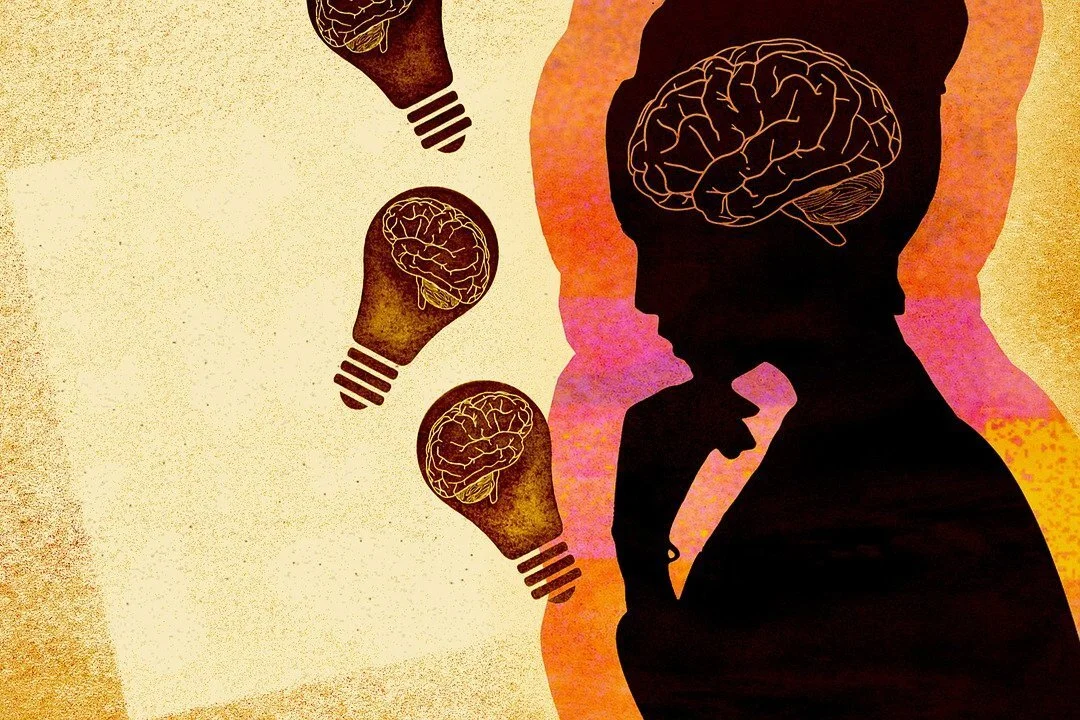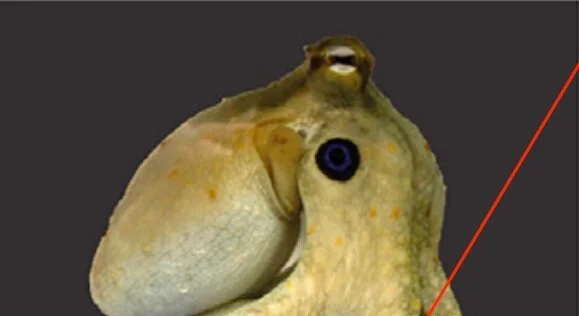Tracking time and space: how the brain records memories
/This recent paper by researchers MacDonald and Tonegawa explores how the brain stores memories of events, including where and when they took place. Specifically, we dig deep into whether space and time components of memory are represented together or separately in the brain!
Read More









